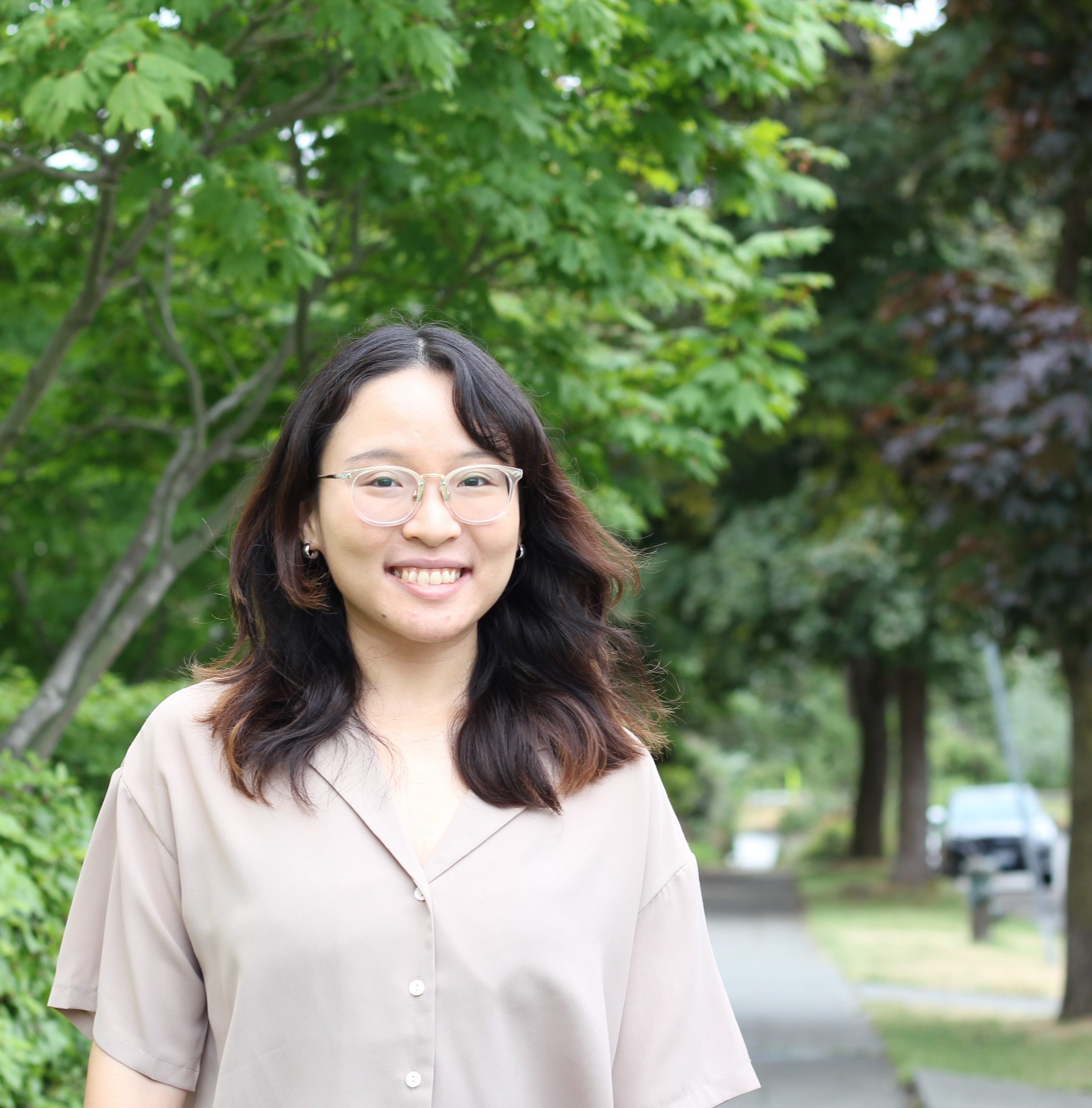Sponsored by Thermo Fisher Scientific
The ECS Pacific Northwest Section is pleased to announce that Chih-Hsuan (Doris) Hung of the University of Washington received the 2023 Pacific Northwest Section Electrochemistry Student Award Sponsored by Thermo Fisher Scientific.
The award recognizes Hung’s contributions to modeling, analysis, and design of three-dimensional Lithium ion batteries (LIBs) and her contributions to K-12 education through the development and dissemination of science and engineering educational materials with an emphasis on clean energy and inclusivity.
The award is presented at the Pacific Northwest Section meeting, which is part of the Oregon Electrochemistry Conference on September 21-22, 2023, in Eugene, OR. There, Doris delivers her award talk titled “Computational Design and Modeling of 3D Battery Electrode Architectures.”
Visit the award page for the full award description and list of past recipients.
Doris Hung
Doris Hung is a PhD candidate under the supervision of Prof. Corie L. Cobb at the University of Washington with Dr. Srikanth Allu at Oak Ridge National Laboratory (ORNL) as co-mentor. Hung holds an MS in Mechanical Engineering from the University of Washington and BS in Mechanical Engineering from the University of Kentucky. Her research focuses on the computational design and modeling of new electrode architectures for LIBs. The goal is to develop design methodologies and tools for electrode architectures that help enhance the performance and safety of existing battery materials for vehicle electrification. Hung has published papers and given talks at ECS meetings on how electrode architectures made with different LIB materials can increase cell capacity and rate capability if designed appropriately. Using a physics-based electrochemical model built by ORNL, Hung modeled a range of electrode architectures and developed metrics to quantify and compare the performance of different electrode architectures based on current density non-uniformity. In a recent ACS Energy Letters paper, Hung analyzed historical LIB data from literature and revealed the impact of electrode architecture on rate capability, rate-limiting mechanism, and application scale. As Hung progresses towards completing her PhD in the next one to two years, she plans to investigate the impact of electrode architecture on LIB thermal behavior and plating mechanisms. After graduation, Hung hopes to have a career in industry or at a national laboratory where she can continue to investigate new battery technologies for effective, safe, and sustainable energy storage.
ECS Pacific Northwest Section Electrochemistry Student Award Sponsored by Thermo Fisher Scientific
Established in 2021, the award recognizes promising young engineers and scientists in the Pacific Northwest pursuing PhDs in the field of electrochemical engineering and applied electrochemistry; and encourages recipients to continue careers in electrochemical engineering or applied electrochemistry.
About Thermo Fisher Scientific
Thermo Fisher Scientific is an American provisioner of scientific instrumentation, reagents and consumables, and software services.
ECS Sections
ECS sections provide members with opportunities to engage and expand their professional networks. Not a section member? Email customerservice@electrochem.org about joining your region’s ECS section.


